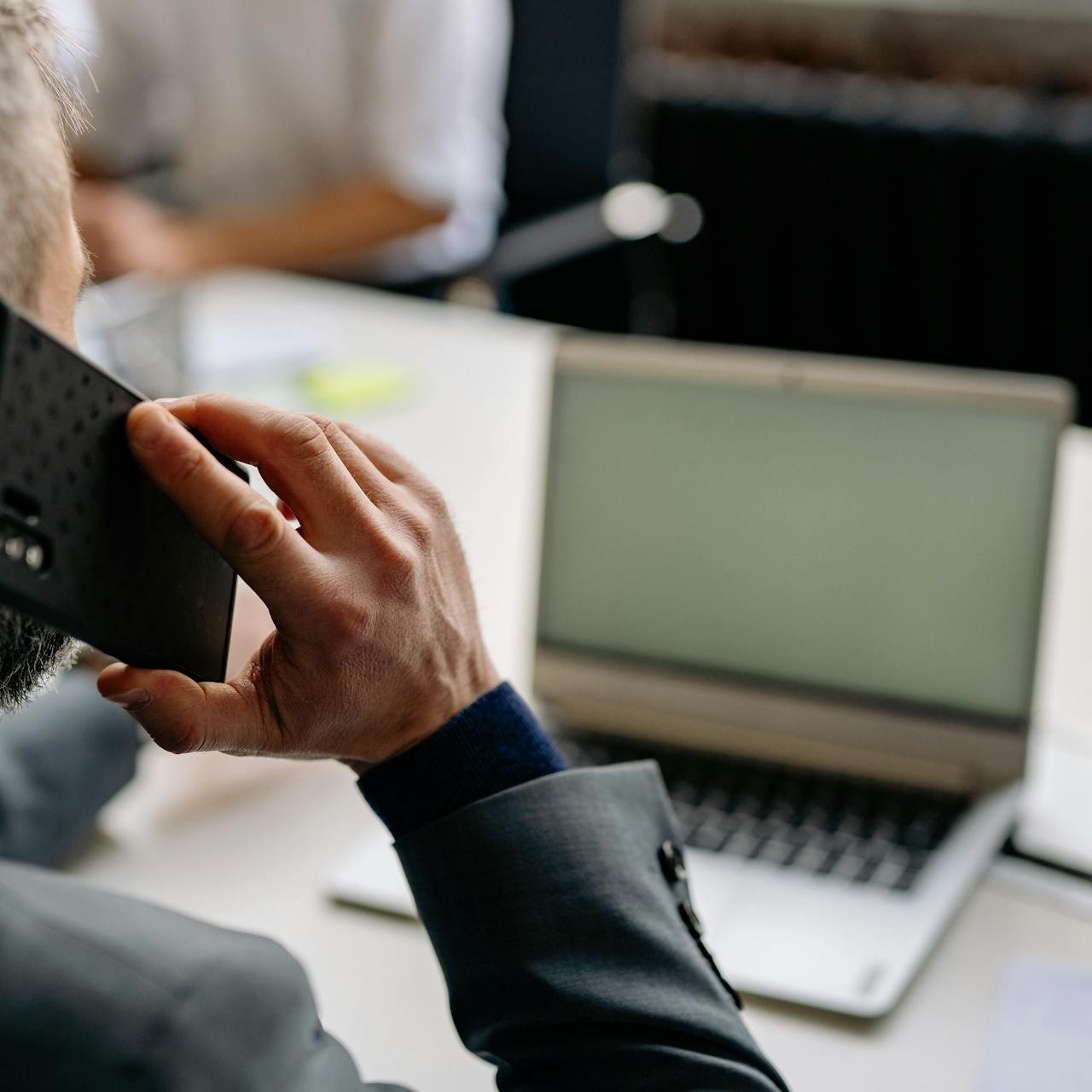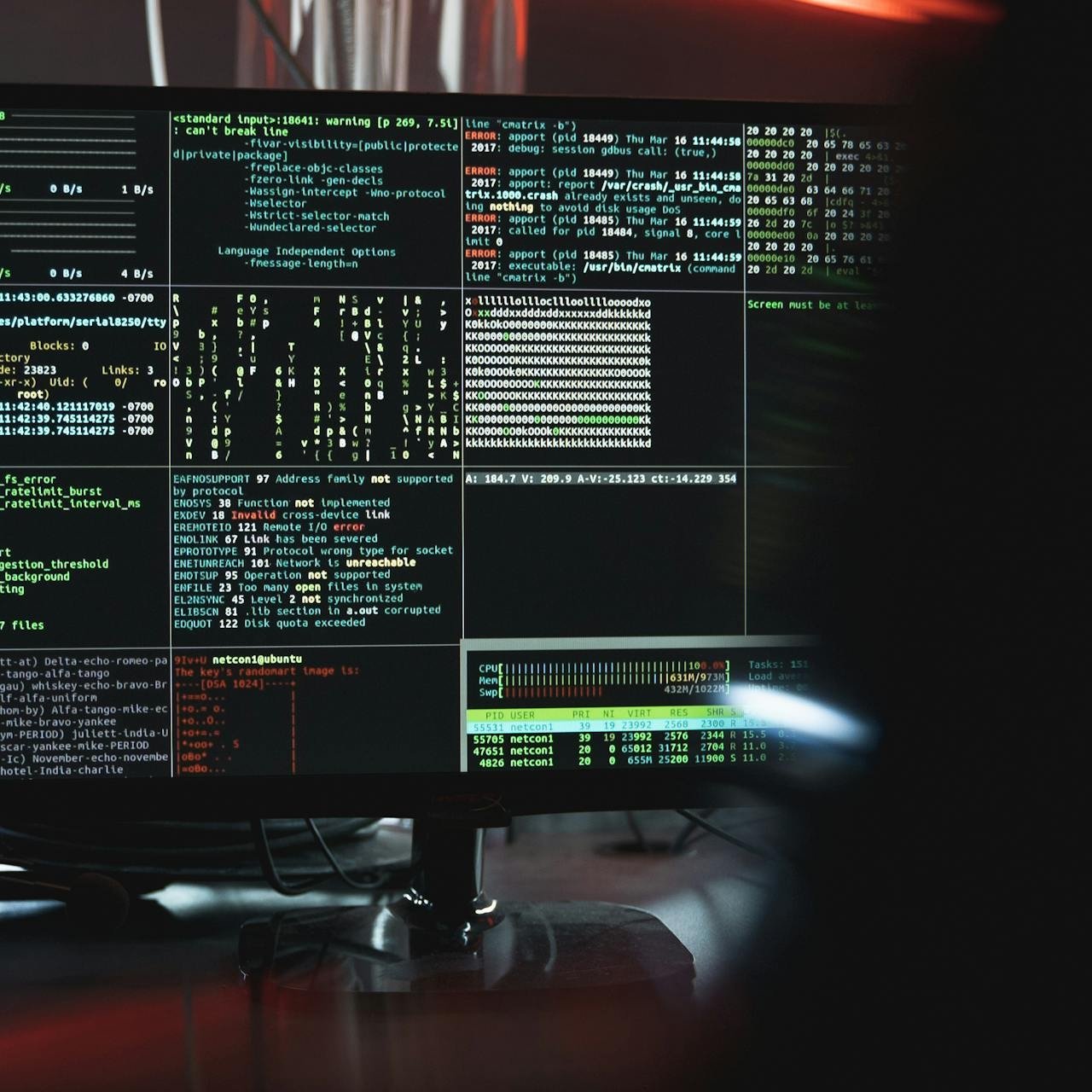Cybersecurity refers to the practice of protecting systems, networks, and programs from digital attacks. As we rely more on technology, it’s even more important to keep our information safe, especially during financial transactions, which are particularly at risk due to the sensitive nature of the information involved, including bank account numbers, credit card information, and personal identification details.
According to a Cybersecurity Ventures, global cybercrime damages are projected to reach $10.5 trillion annually by 2025. As more consumers opt for online banking and digital payment methods, the need for strong security measures becomes crucial. Understanding the potential threats and how to reduce them is important for anyone who handles money in a digital context.
Common Cybersecurity Threats in Financial Transactions
Here are some of the most common threats you may encounter:
| Cybersecurity Threat | Description | Prevention Tips |
|---|---|---|
| Phishing Attacks | Cybercriminals trick individuals into providing sensitive information through deceptive emails or messages. | Be cautious of unsolicited communications. Verify the sender’s identity. Do not click on suspicious links. |
| Malware and Ransomware | Malicious software that can steal information or lock your files for payment. | Use updated antivirus software and back up data regularly. Avoid downloading attachments from unknown sources. |
| Man-in-the-Middle Attacks | Cybercriminals intercept communication between two parties to steal information during online transactions. | Avoid public Wi-Fi for financial transactions. Use a VPN and ensure websites are HTTPS secured. |
| Data Breaches | Unauthorized access to sensitive information stored by organizations. | Stay informed about breaches. Change passwords and monitor accounts if your data is compromised. |
Understanding these threats is the first step in protecting your financial information. By recognizing the tactics used by cybercriminals, you can take proactive measures to protect your data.
Understanding Phishing Attacks
Phishing attacks are one of the most common forms of cybercrime. These attacks typically involve cybercriminals sending fraudulent emails or messages that appear to be from legitimate sources, such as banks or payment services. The goal is to trick individuals into revealing sensitive information, such as passwords or account numbers.
Phishing can also occur through phone calls, known as “vishing,” or via text messages, referred to as “smishing.” Cybercriminals often create a sense of urgency in their communications, prompting individuals to act quickly without thinking critically about the request.
For example, you might receive an email that appears to be from your bank, claiming that your account has been compromised. The message urges you to click a link to verify your information. However, the link leads to a fake website designed to capture your login credentials.
To protect yourself from phishing attacks, always verify the sender’s identity before clicking on any links or providing information. Legitimate organizations will never ask for sensitive information via email. If in doubt, contact the organization directly using official contact information.
The Risk of Malware and Ransomware
Malware refers to malicious software designed to disrupt, damage, or gain unauthorized access to computer systems. Ransomware is a specific type of malware that encrypts files on a victim’s device, making them inaccessible until a payment is made. Cybercriminals often target individuals and organizations that handle sensitive financial information, knowing that the potential loss can drive them to pay the fee.
For instance, in 2021, the Colonial Pipeline was hit by a ransomware attack, leading to significant disruptions in fuel supply and prompting the company to pay a high fee to regain access to its systems. Such high-profile incidents highlight the potential impact of ransomware on both businesses and individuals.
To protect against malware and ransomware, ensure that your devices have up-to-date antivirus software installed. Regularly back up your data to external drives or cloud services so you can recover your information without paying a fee. Additionally, be cautious when downloading files or clicking on links from unknown sources.
Man-in-the-Middle Attacks
Man-in-the-middle (MitM) attacks occur when a cybercriminal intercepts communication between two parties without their knowledge. This can happen during online transactions when a hacker positions themselves between the user and the bank, allowing them to steal sensitive information.
For example, if you connect to a public Wi-Fi network in a coffee shop, a cybercriminal might use tools to intercept the data being transmitted between your device and the bank’s website. They can capture your login credentials, credit card numbers, and other sensitive information.
To minimize the risk of MitM attacks, avoid using public Wi-Fi for financial transactions. If you must use public networks, employ a virtual private network (VPN) to encrypt your internet connection. Always ensure that the websites you visit are secure (look for “HTTPS” in the URL) to further protect your data.
Data Breaches
Data breaches occur when unauthorized individuals gain access to sensitive information stored by organizations. These breaches can expose customer data, including names, addresses, credit card information, and Social Security numbers.
In 2020, the data of over 200 million users was exposed in a massive breach at a well-known financial services company. This incident highlighted the risk of even the largest financial institutions.
Financial institutions and online services must prioritize cybersecurity to protect their customers’ data. However, individuals can also take steps to protect themselves. Stay informed about data breaches affecting services you use. If a breach occurs, change your passwords immediately and monitor your accounts for any unusual activity.
The Role of Strong Passwords
One of the simplest yet most effective ways to protect your financial information is to use strong, unique passwords. A strong password typically includes a mix of capital and lowercase letters, numbers, and special characters. Avoid using easily guessed information, such as birthdays or common words.
For example, instead of using “Password123” or “JohnDoe1990,” consider creating a password like “G$4b8@jPl!mQ1vF.” This kind of password is much harder for cybercriminals to crack.
Consider using a password manager to help generate and store complex passwords securely. This can prevent the temptation to repeat passwords across multiple accounts, which can increase the risk of unauthorized access if one account is compromised.
Enabling Two-Factor Authentication
Two-factor authentication (2FA) adds an extra layer of security to your accounts. Even if a cybercriminal obtains your password, they would also need a second form of verification to access your account. This often involves receiving a code via text message or using an authentication app.
Many financial institutions and online services now offer 2FA as an option. Enabling this feature can significantly reduce the risk of unauthorized access and enhance the security of your financial transactions.
Keeping Software Updated
Regularly updating your software, including operating systems and applications, is crucial for maintaining cybersecurity. Software updates often include patches for security gaps that cybercriminals can exploit.
Set your devices to automatically install updates whenever possible. Regularly check for updates on your applications and antivirus software to ensure you are protected against the latest threats.
Monitoring Your Financial Accounts
Regularly monitoring your financial accounts is important for detecting any suspicious activity early. Review your bank statements, credit card statements, and transaction histories frequently to ensure that all transactions are legitimate.
For instance, if you see a charge for a subscription service you didn’t sign up for, report it immediately. Many financial institutions have policies that protect you from fraudulent charges if you report them without delay.
If you notice any unauthorized transactions, report them to your bank or financial institution immediately. Quick reporting can help reduce potential losses and prevent further unauthorized access to your accounts.
The Importance of Financial Literacy
In addition to employing cybersecurity measures, improving your financial literacy is crucial , understanding the basics of personal finance, including budgeting, saving, and investing, can enable you to make informed decisions about your money.
Financial literacy also includes awareness of how to protect your personal and financial information online. There are numerous resources available, from books and online courses to financial workshops, that can help you improve your financial knowledge and skills.
Trusting Your Financial Institutions
While it’s important to take personal responsibility for your cybersecurity, it’s equally important to choose trustworthy financial institutions. Research banks, and online payment services to ensure they have reliable security measures in place. Look for institutions that offer insurance on deposits, provide 24/7 customer support, and have a strong reputation for protecting customer data.
Reading reviews and checking ratings can give you insights into how well a financial institution manages security issues. Moreover, don’t hesitate to ask questions about their security protocols when opening an account.
Final thoughts
Understanding the importance of cybersecurity when dealing with your finances is important for protecting your sensitive information, and by being aware of common threats and implementing protective measures, you can significantly reduce your risk of falling victim to cybercrime.
From using strong passwords and enabling two-factor authentication to monitoring your accounts and staying informed about potential threats, there are numerous steps you can take to improve your financial security.








